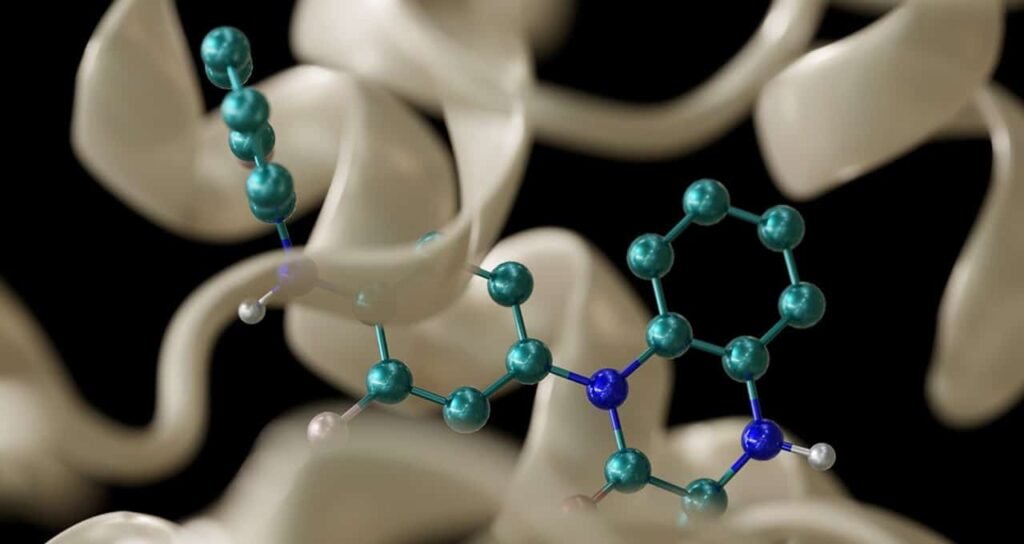A recently published joint research paper from Yale, Moderna, and NVIDIA reviews how quantum machine learning (QML) techniques can enhance drug discovery methods by more accurately predicting molecular properties.
Ultimately, this could lead to more efficient generation of new pharmaceutical treatments.
This review also highlights that GPU-accelerated simulations of quantum algorithms are an important tool for exploring these techniques.
This research focuses on how future quantum neural networks can enhance existing AI techniques using quantum computing.
Applying these advances to the pharmaceutical industry will allow researchers to streamline complex tasks in drug discovery.
Intensive and large-scale simulations of future noiseless quantum processing units (QPUs) are needed to study how such quantum neural networks impact real-world use cases such as drug discovery. .
This is just one example of how, as quantum computing scales up, there are increasing challenges that can only be addressed by GPU-accelerated supercomputing.
This review article examines how NVIDIA’s CUDA-Q quantum development platform provides unique tools for running multi-GPU-accelerated simulations of QML workloads.
This study also highlights the ability of CUDA-Q to simulate multiple QPUs in parallel. This is a key capability for studying realistic large-scale devices, and this particular work also enabled exploration of quantum machine learning tasks that batch-process training data.
Many of the QML techniques reviewed, such as hybrid quantum convolutional neural networks, also require the ability of CUDA-Q to create programs that interweave classical and quantum resources.
The increased reliance on GPU supercomputing demonstrated in this study is the latest example of NVIDIA’s growing commitment to developing useful quantum computers.
NVIDIA will further emphasize its role in the future of quantum computing at the SC24 conference in Atlanta, November 17-22.

